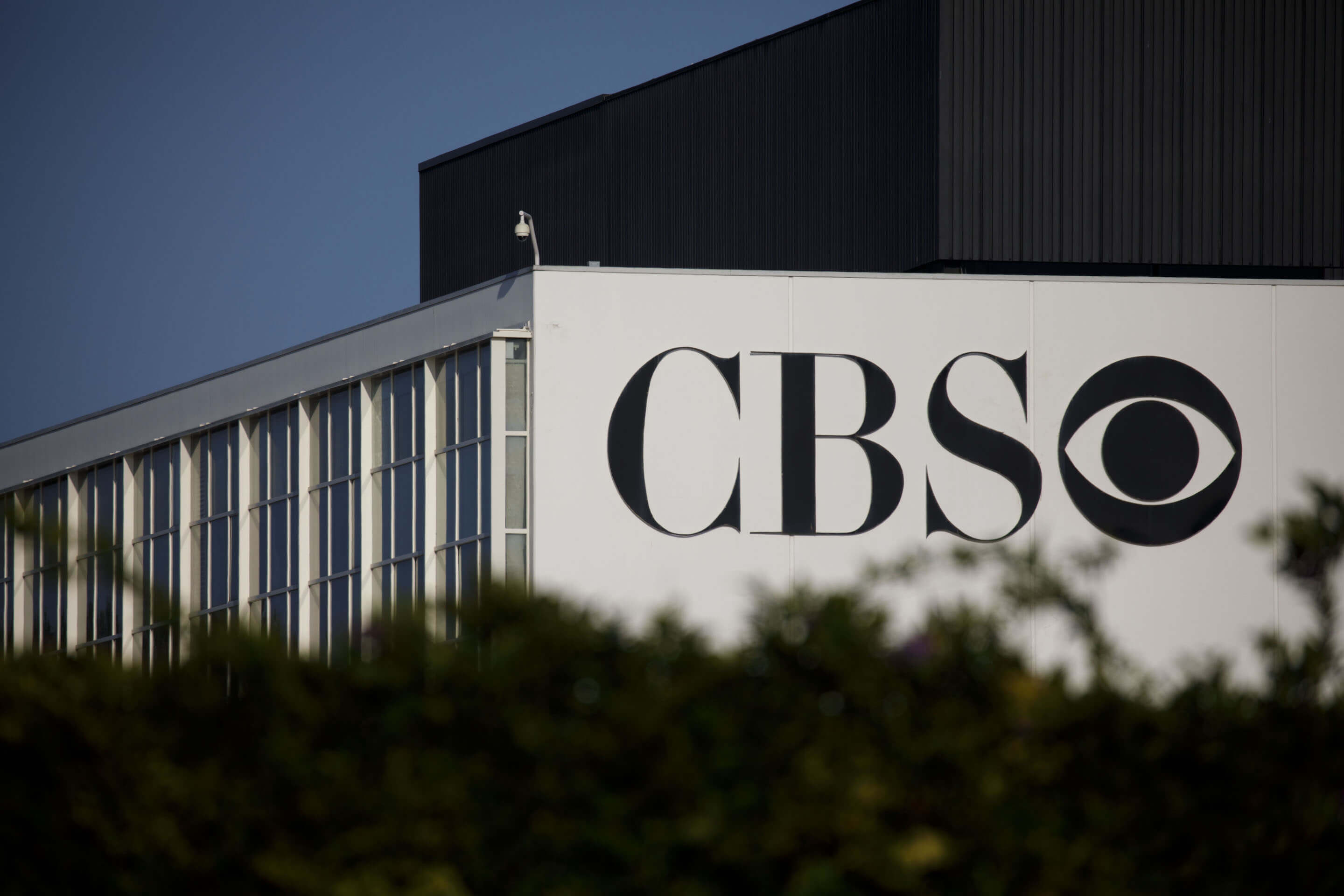Why it matters: In a major deal, Viacom and CBS have agreed to a merger that will combine the huge amount of content from both companies. This merger is driven largely by the desire to cash in on the streaming wars and compete with other established players in the market. However, the addition of yet another subscription service may not be great for consumers in the long run.

Viacom has announced that it is merging with CBS in a $11.7 billion deal. The combined company will be called ViacomCBS and reunites the companies after they split up in 2005.
According to the official press release, the current CEO of Viacom, Bob Bakish, will become the new President and CEO of the combined entity. Acting CBS CEO Joe Ianniello will report to Bakish until at least 2021.
“Today marks an important day for CBS and Viacom, as we unite our complementary assets and capabilities and become one of only a few companies with the breadth and depth of content and reach to shape the future of our industry,” Bakish said in a press release. “Our unique ability to produce premium and popular content for global audiences at scale – for our own platforms and for our partners around the world – will enable us to maximize our business for today, while positioning us to lead for years to come.”
As the streaming wars heat up, this merger is yet another instance of big corporations combining their efforts in order to compete with the likes of Netflix, Amazon, and Disney. Last year, AT&T bought Time Warner in an effort to shore up its own premium content in addition to its DirecTV service. In fact, the company is launching another streaming service called AT&T TV later this year.
The combined content of CBS and Viacom will make it formidable in the streaming market. CBS already has its own CBS All Access streaming service while Viacom owns Pluto TV. Meanwhile, the other popular channels at ViacomCBS's disposal include Nickelodeon, BET (which is getting its own streaming service), Comedy Central, and MTV. On top of all of that, CBS will also take control of Paramount Pictures.
According to Bloomberg, CBS had been mulling over its next steps following the ousting of former CEO Leslie Moonves over sexual misconduct allegations. There were previous attempts to merge the two companies but to no avail. In addition to the Moonves ordeal, CBS also faced mounting competition on the streaming side from big players like Netflix.
With many of the major content holders releasing their own streaming services, it's not hard to imagine a future where traditional cable subscriptions go away completely and replaced with multiple streaming subscriptions.
https://www.techspot.com/news/81428-cbs-merge-viacom-117-billion-deal.html